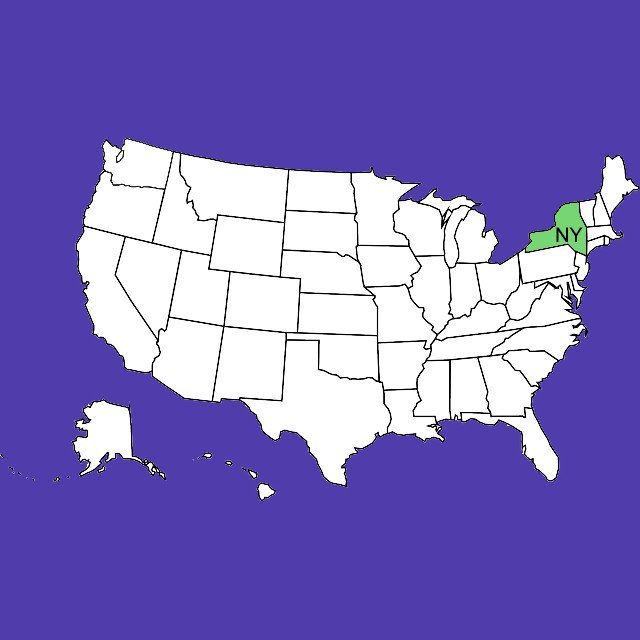
Published Via The JD Supra Platform
Obermayer Rebmann Maxwell & Hippel LLP
In March 2021, New York enacted Senate Bill S854A, making it the 16th state to legalize marijuana for recreational use. The law addresses aspects of marijuana use and possession including (i) permitting individuals 21 and older to possess and purchase up to three ounces of marijuana; (ii) expanding the list of medical conditions for which marijuana can be prescribed; and (iii) allowing individuals to possess up to five pounds of marijuana in their home.
The law effectively amends Section 201-d of the New York Labor Law (which protects employees’ right to engage in certain recreational activities outside of work) and necessitates that employers be cognizant of the important restrictions referenced in the new law. Section 201-d generally prohibits employers from discharging or refusing to hire, employ or license, or discriminating against an individual (in compensation or otherwise) because of their legal use of consumable products or participation in legal recreational activities outside of work. The new amendment permits the recreational use and/or consumption of marijuana outside an employer’s premises and designated work hours. Nonetheless, the law still permits employers to act based on an employee’s or prospective employee’s use of marijuana, as dictated by federal or state law, or when an employee is “impaired” while on the job. “Impairment” is defined in this statute as the manifestation of specific articulable symptoms an employee exhibits while working that either impedes the employer’s ability to provide a safe, healthy, and hazard-free workplace or inhibits the employee’s job performance.
With the enactment of the New Jersey Cannabis Regulatory, Enforcement Assistance, and Marketplace Modernization Act in February 2021, New Jersey also legalized recreational marijuana use for individuals over 21. Much like the amended New York law, employers cannot discharge, refuse to hire, or otherwise discipline an employee merely because they use marijuana. Under the New Jersey statute, employers maintain their right to enforce the prohibition on employee use and/or intoxication from marijuana while working, as well as sustaining a workplace that is drug and alcohol-free. New Jersey’s law also creates a carve-out for employers who are subject to the requirements of a federal contract if compliance with that contract would result in a demonstrable adverse impact on the employer. As a result, federal contractor employers are generally permitted to take adverse employment action against an employee who tests positive for marijuana use without further evidence of misconduct.
While Pennsylvania has only legalized medical marijuana use as of the date of this article, it is believed that recreational legalization is imminent. In February 2021, two top state lawmakers introduced a bipartisan legalization bill, the Laughlin-Street Bipartisan Adult Use Marijuana Legalization Bill, proposing legalized marijuana use for individuals 21 and over as well as decriminalizing a yet to be determined amount of marijuana. The proposed law would allow medical marijuana patients to grow up to five plants in their homes. It would also provide clarity and consistency for workplace rules regarding marijuana use for all those operating in good faith.
Of note, most laws do not prohibit drug testing for marijuana but practically speaking they take away the usefulness of such tests by limiting the employer’s ability to act upon a positive test. Employers should be also aware that in some states, including New Jersey, one must consider accommodating an employee’s medical use of marijuana outside of the workplace under state anti-discrimination laws unless doing so would pose a safety hazard or hardship.
The rules and regulations governing marijuana use in an employment context are changing rapidly across the country. As a result, employers may find that longstanding employment practices need to be adjusted or fine-tuned, and thus they should review their drug use policies and familiarize themselves with how these changes will impact the workplace. This is especially relevant for employers who conduct business in multiple jurisdictions.
[View source.]




